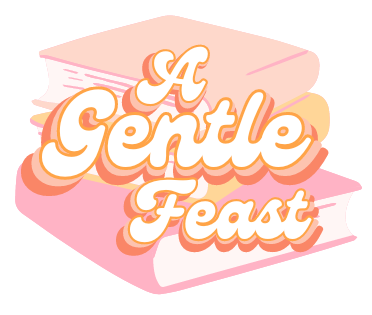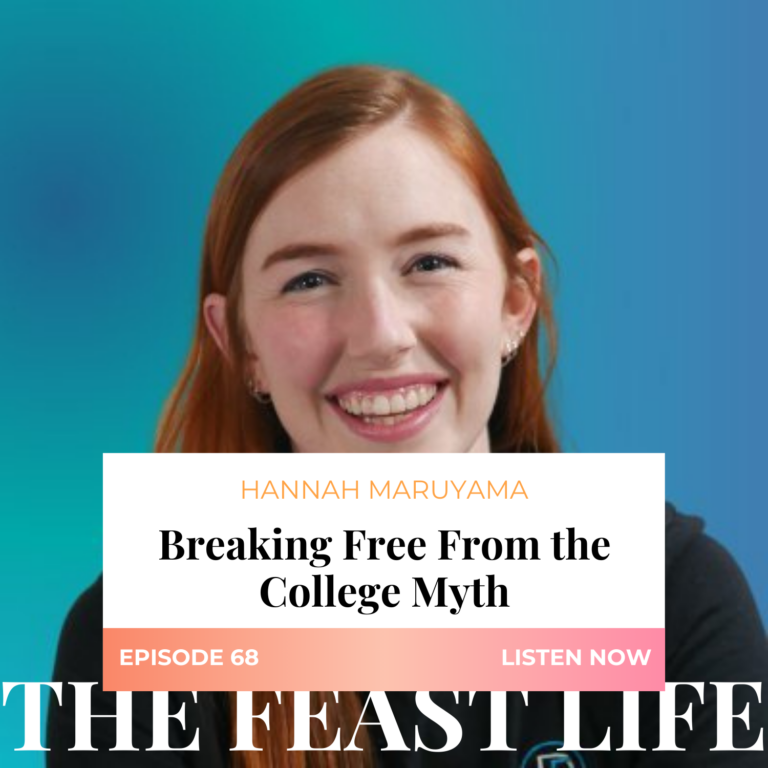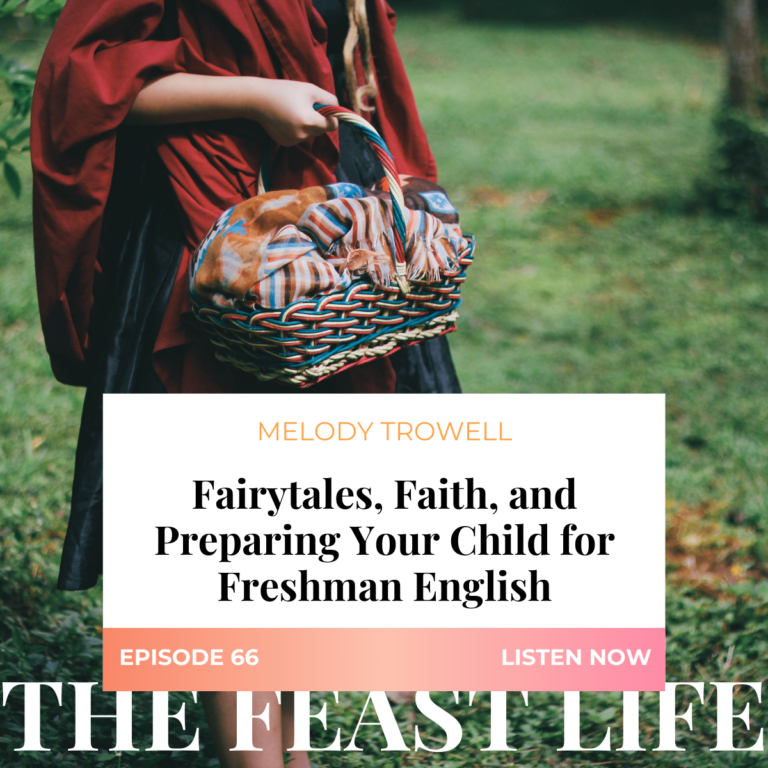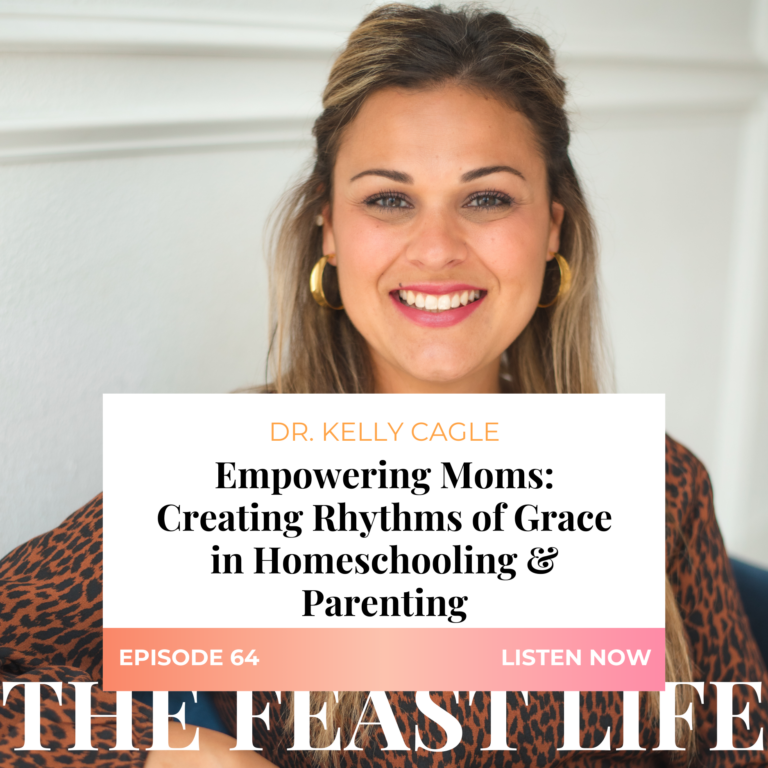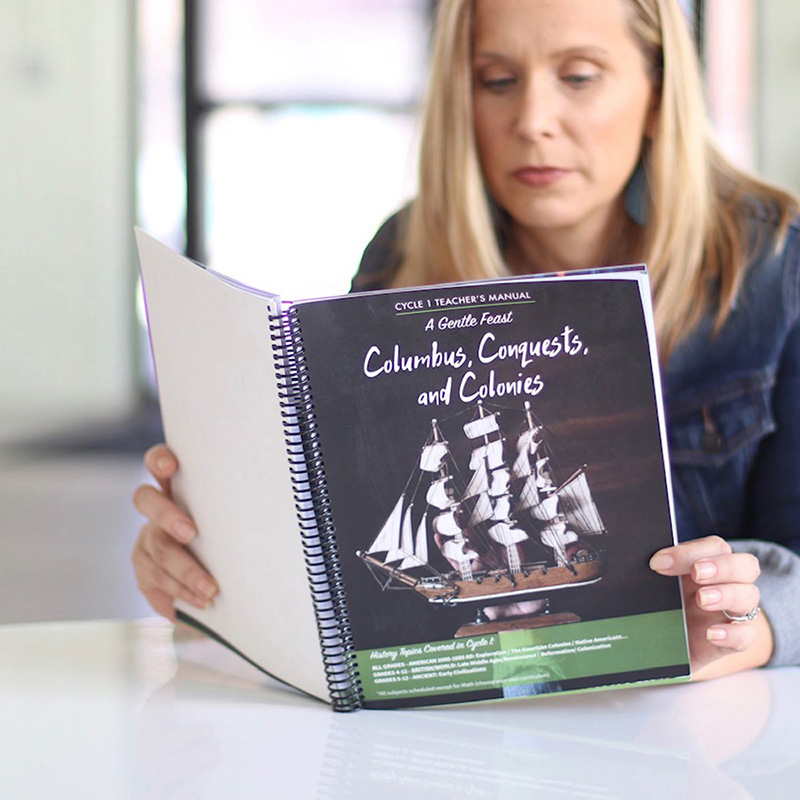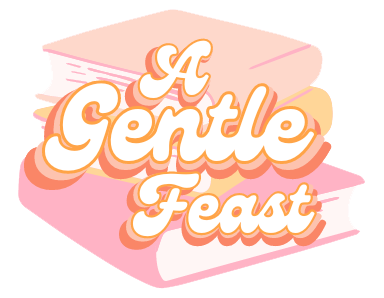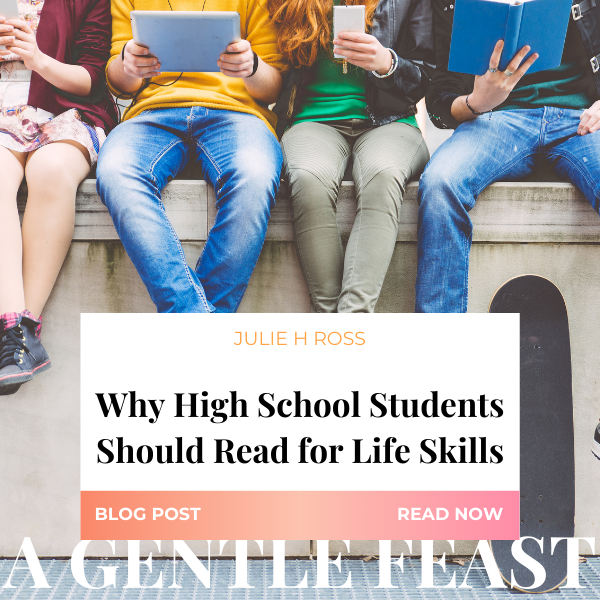
The Power of Books: Why High School Students Should Read for Life Skills
In a fast-paced, tech-driven world, equipping high school students with essential life skills is more critical than ever. While math formulas and history dates are important, life skills like relationships, personal growth, time management, and financial literacy often get sidelined. Surprisingly, one of the best tools for teaching these skills is as old as time: books.
Incorporating books that focus on life skills into a high schooler’s reading list can transform their outlook and better prepare them for adulthood. Here’s why reading is so vital for this purpose, backed by modern research, and how parents and educators can use this strategy effectively.
1. Books Cultivate Emotional Intelligence and Healthy Relationships
Reading books that explore human emotions and relationships helps teens develop empathy, a cornerstone of emotional intelligence. Studies from the University of Toronto (2016) found that reading literary fiction enhances the ability to understand others’ emotions and perspectives.
Books like The 7 Habits of Highly Effective Teens by Sean Covey or How to Win Friends and Influence People by Dale Carnegie offer practical advice on building positive relationships, resolving conflicts, and effective communication. By diving into these texts, students gain tools to navigate the complexities of friendships, family dynamics, and future workplace interactions.
2. Personal Growth Through Stories and Self-Help Literature
High school is a time of self-discovery. Books can act as mentors, guiding students through challenges and encouraging personal growth. Research from the Journal of Applied Psychology (2021) highlights the impact of bibliotherapy—using books as therapeutic tools—on improving self-awareness and mental health.
Books like Atomic Habits and Your New Playlist by Jon Acuff by James Clear teach teens how small changes can lead to big results, fostering resilience and a growth mindset.
3. Time Management: From Theory to Practice
Time management is an essential skill that many teens struggle with as they juggle school, extracurricular activities, and part-time jobs. Books that break down strategies for prioritization and productivity can be game-changers.
Eat That Frog! For Students by Brain Tracy offer teens actionable insights into avoiding distractions, setting goals, and making the most of their time. Research from Harvard Business Review (2018) shows that individuals who plan their days effectively are more likely to achieve long-term success, a lesson best learned early.
4. Financial Literacy: A Must-Have Skill for Future Success
Few high school curriculums focus on teaching money management, yet financial literacy is critical for a secure future. Books like Rich Dad Poor Dad for Teens by Robert Kiyosaki or The Money Challenge for Teens: Prepare for College, Run from Debt, and Live Generously by Art Rainer can fill this gap, providing teens with the knowledge they need to make smart financial decisions.
Research from the FINRA Investor Education Foundation (2020) found that young adults who received financial education were more likely to save money and less likely to carry high levels of debt. Early exposure to these principles through engaging books ensures students start their financial journeys on the right foot.
5. Books Build Critical Thinking and Lifelong Learning Skills
When teens read books about real-world skills, they’re not just absorbing information—they’re developing critical thinking. Engaging with diverse perspectives and problem-solving scenarios in books encourages analytical thinking and decision-making.
Additionally, fostering a habit of reading helps teens embrace lifelong learning. Research from the National Endowment for the Arts (NEA) indicates that adults who read regularly are more likely to pursue education and self-improvement opportunities, directly correlating with greater career success.
6. Faith and Purpose: Grounding Teens in What Matters Most
High school is a pivotal time for teens to explore deeper questions about faith, purpose, and their place in the world. Books that weave faith into real-life experiences can inspire and guide teens to live with intention and compassion.
Bob Goff’s Love Does is an excellent example. Through captivating stories and practical wisdom, it encourages readers to live out their faith in bold, creative ways. Goff’s approachable and joyful style makes complex ideas about love, kindness, and purpose accessible and relatable for teens.
Books like Love Does not only nurture spiritual growth but also teach teens how to live a life of service and connection. Research from the American Psychological Association (APA) suggests that teens who engage with their faith and values tend to have greater resilience, stronger moral reasoning, and a clearer sense of identity.
Incorporating faith-based books into a teen’s reading list provides a moral and spiritual framework to navigate life’s challenges. It also opens up meaningful discussions about values and how they shape actions, helping teens align their lives with what matters most.
Faith-centered reading can be a powerful tool to instill confidence, hope, and a sense of belonging in high school students, preparing them to face the future with strength and purpose.
You can read these books to your teen during Morning Time or over family dinner. And yes, these can be assigned for school assignments:) Encourage open discussions about what they’re reading. Teens learn best when they can process and apply ideas to their own lives.
Reading books that teach life skills is one of the most effective ways to prepare high school students for the real world. Whether it’s navigating relationships, managing time, or mastering finances, the lessons learned through books can last a lifetime.
By fostering a culture of reading in homes and schools, we can empower teens to grow into well-rounded, successful adults. Let’s make books not just a requirement but a roadmap for a meaningful life.
Want to know more about using a Charlotte Mason approach in high school? See this YouTube playlist:
